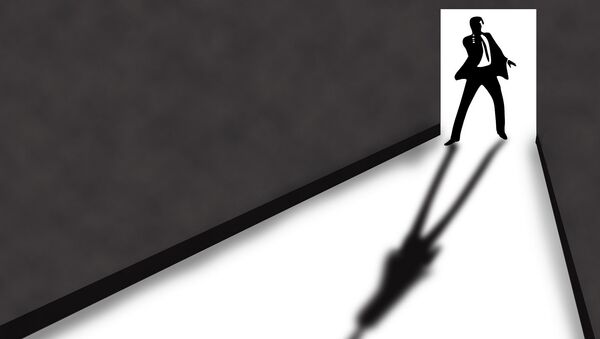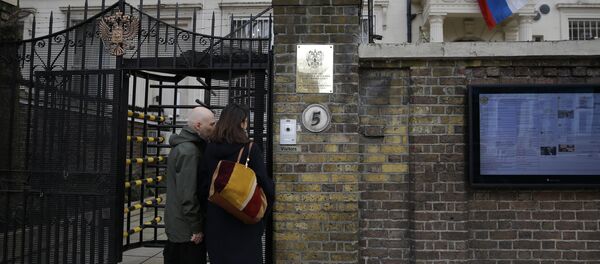The disclosures could start with some of the agents among the 23 British diplomats being kicked out of Russia in Moscow's tit-for-tat response to London's ouster of 23 Russian diplomats this week, according to the newspaper.
Doing so would be a break with normal practice observed since the end of the Cold War, which has been to refrain from disclosing the names and personal details of members of the security, intelligence and counter-intelligence establishments. Russia could use whistleblowing platforms like WikiLeaks to disseminate whatever information it has on the British security and intelligence operations, including the identities of its personnel.
A senior Whitehall official told The Independent that such a Russian response would be "utterly unjustified and irresponsible."
One former Russian senior diplomat stressed that "this would be a drastic step if this is what they are thinking," and urged both sides to use caution, taking account of common enemies, such as Islamist terrorists. The official pointed out that the Foreign and Commonwealth Office has thus far "produced no evidence of their claims about this nerve agent attack," and urged everyone to "remain calm and not do anything too drastic."
Russian ex-military intelligence officer Sergei Skripal and his daughter Yulia were found unconscious outside a shopping center in the southern English city of Salisbury on March 4. Suspected of being exposed to a deadly nerve agent, the pair were sent to hospital, where they remain in critical condition. The British government has accused Russia of involvement in the case, a charge Moscow has adamantly denied. Russian authorities proposed a joint investigation, and asked for a sample of the poison allegedly used. London refused, instead introducing a series of measures against Moscow, including the expulsion of 23 diplomats, and the suspension of high-level bilateral contacts.



